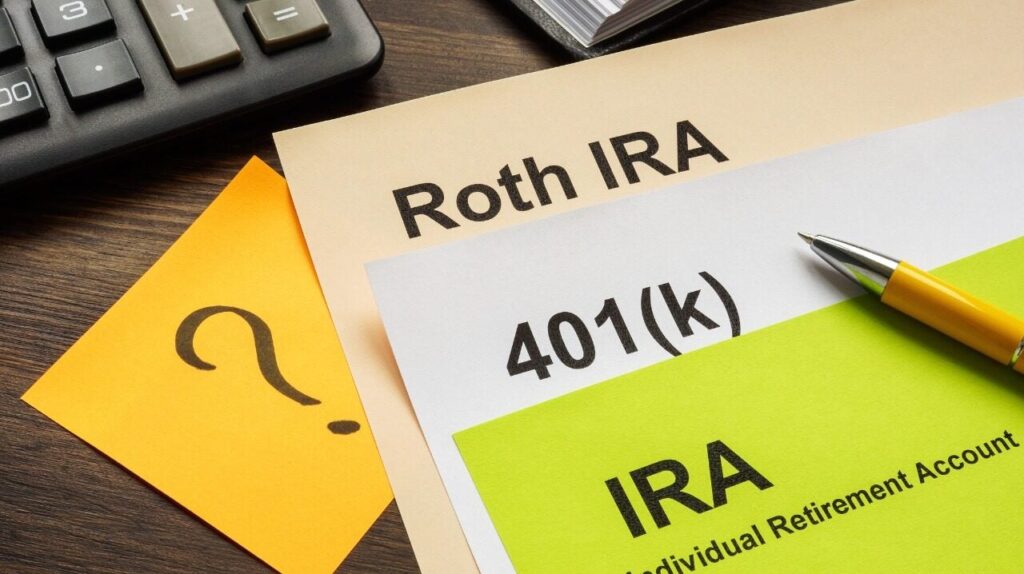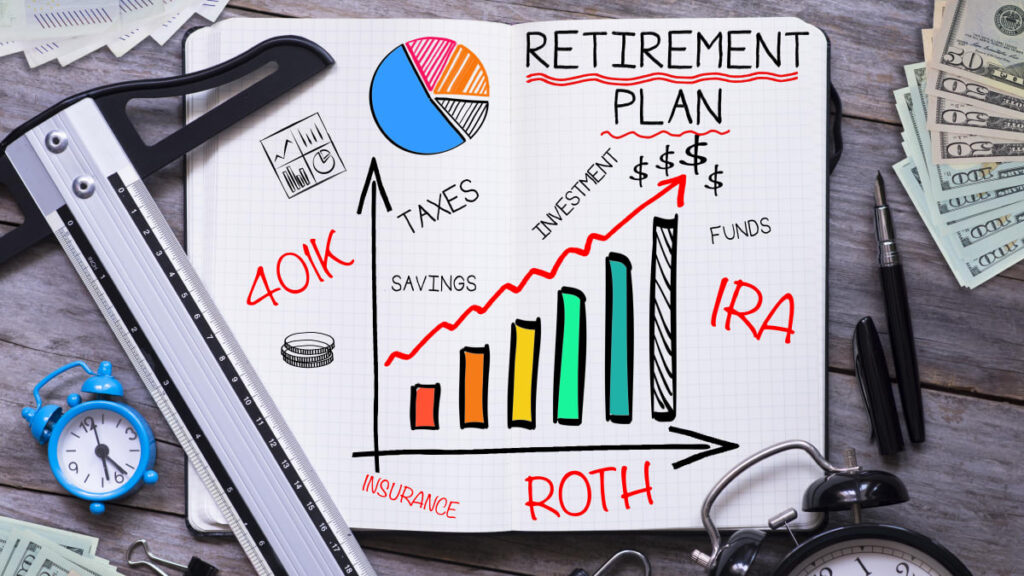Retirement is a goal that many individuals strive towards throughout their working lives. The idea of escaping the 9-5 grind and enjoying the freedom that comes with retirement is enticing. However, what if you could achieve this goal earlier than expected? Early retirement is becoming an increasingly popular trend, as individuals seek to break free from the constraints of traditional working life and pursue their passions. In this article, we will explore the various planning strategies that can help you on your road to early retirement.
Understanding Early Retirement
Before diving into the planning strategies, it’s important to understand what early retirement planning actually means. Early retirement is generally defined as retiring before the age of 65, which is the standard retirement age in many countries. However, the exact age at which one can retire early may vary depending on individual circumstances and goals. It’s crucial to have a clear understanding of what early retirement means to you personally, as this will shape your planning strategies.
Defining Early Retirement
Early retirement means different things to different people. For some, it may mean retiring in their 40s or 50s, while for others, it may mean leaving the workforce in their early 60s. It’s important to define what early retirement means to you and set a specific goal. By having a clear vision of what you want to achieve, you can create a roadmap to get there. Learn more about how to use retirement planning tools.

The Pros and Cons of Early Retirement
Early retirement offers numerous benefits, but it also comes with its fair share of challenges. On the positive side, early retirement allows you to have more free time to pursue hobbies, travel, or spend time with loved ones. It can also provide an opportunity to escape from a stressful work environment. However, it’s important to consider the financial implications of early retirement. Retiring early means having a shorter time frame to save and accumulate wealth. Additionally, early retirees may not be eligible for certain benefits and may have to rely solely on their savings to fund their retirement.
One of the key benefits of early retirement is the ability to have more control over your time and how you spend it. Imagine waking up each day without the pressure of a nine-to-five job, and instead, having the freedom to pursue your passions and interests. Whether it’s starting a new business, volunteering for a cause you care about, or simply enjoying leisurely mornings with a cup of coffee, early retirement can provide the opportunity to live life on your own terms.
However, it’s important to weigh the pros against the cons when considering early retirement. While the idea of leaving the workforce early may sound enticing, it’s essential to carefully evaluate the financial implications. Retiring early means relying on your savings to cover your expenses for potentially several decades. This requires careful financial planning and budgeting to ensure that your nest egg lasts throughout your retirement years. It may also mean making lifestyle adjustments and cutting back on certain expenses to stretch your savings further.
Financial Planning for Early Retirement
Financial planning is the foundation for any successful retirement strategy, and early retirement is no exception. To embark on your road to early retirement, you must assess your current financial status and set clear financial goals.
Early retirement is a dream for many, but it requires careful planning and disciplined financial management. By taking proactive steps now, you can set yourself up for a comfortable and fulfilling retirement ahead of schedule.
Assessing Your Current Financial Status
The first step in financial planning for early retirement is assessing your current financial situation. Take stock of your assets, including savings, investments, and any other sources of income. Evaluate your current expenses and identify areas where you can cut back to increase your savings rate. It’s also important to consider any outstanding debts and work towards paying them off before retirement.
Understanding your net worth is crucial in this stage. Calculate the total value of your assets and subtract any liabilities to determine where you stand financially. This snapshot will help you gauge how close you are to your early retirement goal and what adjustments may be necessary to get there.

Setting Financial Goals for Early Retirement
Once you have a clear understanding of your current financial status, it’s time to set specific financial goals for your early retirement. Consider factors such as the age at which you want to retire, the lifestyle you envision during retirement, and any major expenses you anticipate. These goals will serve as a roadmap for your saving and investment strategies.
Visualize your ideal retirement lifestyle to determine how much you need to save and invest to make it a reality. Whether it’s traveling the world, pursuing a passion project, or simply enjoying more time with loved ones, having concrete goals will motivate you to stay on track with your financial plan.
Investment Strategies for Early Retirement
Building a robust investment portfolio is crucial for funding your early retirement. To ensure financial security, it’s important to diversify your investments and manage risk effectively.
Early retirement is a goal many aspire to achieve, and proper investment strategies can make this dream a reality. By starting early and making smart investment decisions, you can set yourself up for a comfortable and financially secure retirement.
Diversifying Your Investment Portfolio
Diversification is key to mitigating risk and maximizing returns. Spread your investments across various asset classes, such as stocks, bonds, real estate, and commodities. This will help protect your portfolio from market fluctuations and ensure that you have a strong income stream during retirement.
Furthermore, within each asset class, consider diversifying further. For example, in the stock market, you can diversify by investing in different industries or regions. This way, if one sector experiences a downturn, your overall portfolio won’t be as heavily impacted.
Risk Management in Investments
Managing risk is vital in any investment strategy, and even more so when planning for early retirement. As you near retirement age, it’s important to gradually shift your investments towards more conservative options to minimize volatility. Consult with a financial advisor to determine the right balance of risk and return for your investment portfolio.
Additionally, consider incorporating alternative investments into your portfolio, such as real estate investment trusts (REITs) or peer-to-peer lending. These alternative assets can provide diversification benefits and potentially higher returns compared to traditional investments.

Lifestyle Changes for Early Retirement
Early retirement often requires making significant lifestyle changes to ensure financial stability throughout your retirement years.
When planning for early retirement, it’s essential to consider not only your financial situation but also your overall well-being. By incorporating a holistic approach to retirement planning, you can set yourself up for a fulfilling and sustainable retirement lifestyle.
Downsizing and Simplifying Your Lifestyle
A key aspect of early retirement planning is reducing your expenses. Consider downsizing your home to a more manageable size and reducing unnecessary costs. It’s important to establish a budget and stick to it. By simplifying your lifestyle, you can free up more funds for savings and investments.
Furthermore, downsizing can also lead to a more minimalist and clutter-free living environment, promoting a sense of calm and tranquility in your daily life. Embracing a simpler lifestyle can not only benefit your finances but also contribute to your overall well-being.
Health and Wellness Considerations
Early retirement is not just about finances; it’s also about taking care of your physical and mental well-being. Prioritize your health by maintaining a healthy lifestyle, including regular exercise and a balanced diet. Investing in healthcare and insurance coverage is also crucial to protect yourself against unexpected medical expenses during retirement.
In addition to physical health, mental well-being is equally important in retirement. Consider incorporating activities that promote mental stimulation and emotional wellness, such as hobbies, social interactions, and mindfulness practices. By nurturing both your physical and mental health, you can enjoy a fulfilling and enriching retirement lifestyle.
Legal and Tax Implications of Early Retirement
Early retirement comes with its own set of legal and tax considerations that need to be carefully navigated.
Understanding Retirement Tax Laws
Retirement brings about changes in tax obligations. It’s essential to familiarize yourself with the tax laws and regulations that apply to retirees. Explore tax-efficient investment vehicles, such as individual retirement accounts (IRAs) or Roth IRAs, to maximize your tax savings during retirement.
Additionally, it’s crucial to consider the impact of Social Security benefits on your taxes. Depending on your income level and filing status, a portion of your Social Security benefits may be subject to taxation. Understanding how these benefits are taxed can help you better plan for your retirement income and tax liabilities.
Legal Considerations for Early Retirees
Retiring early may require additional legal considerations, such as updating your estate plan or creating a power of attorney. Consult with a legal professional to ensure that all necessary legal documents are in order and to protect your assets and interests in the event of incapacity or death.
Furthermore, early retirees should also consider the implications of healthcare and long-term care planning. Healthcare costs can significantly impact your retirement savings, so having a solid plan in place for medical expenses is essential. Long-term care insurance is another aspect to consider, as it can help protect your assets and provide financial security in case you require long-term care services.
In conclusion, early retirement is an achievable goal with proper planning and strategy. By understanding the concept of early retirement, engaging in financial planning, implementing sound investment strategies, making necessary lifestyle changes, and navigating legal and tax implications, you can set yourself on the road to a sooner-than-expected retirement. Start planning today, and make your early retirement dreams a reality!

